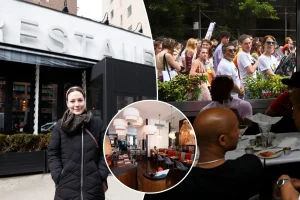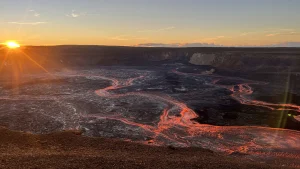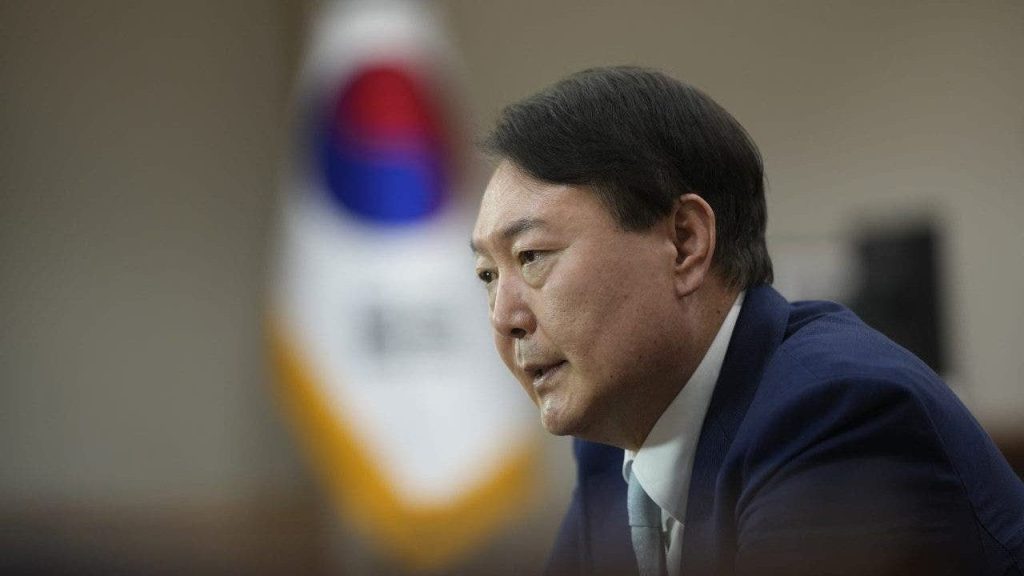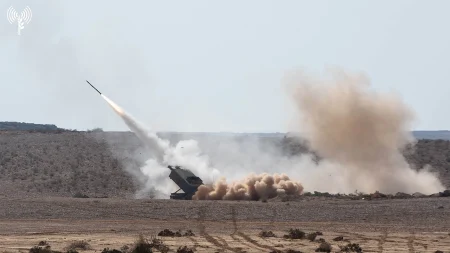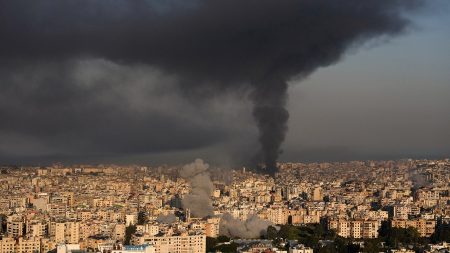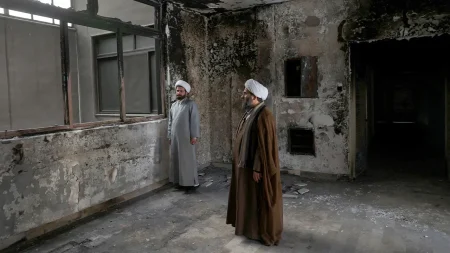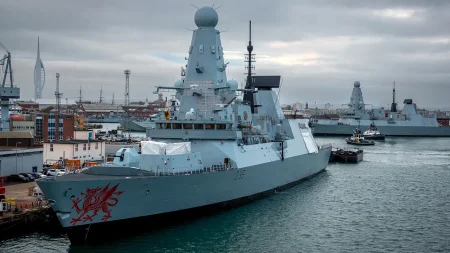The political landscape of South Korea was embroiled in a dramatic standoff on Friday, as investigators from the country’s anti-corruption agency attempted to execute an arrest warrant for the impeached President Yoon Suk Yeol. The attempt was thwarted by the presidential security service, who blocked access to Yoon’s official residence for nearly six hours, citing security concerns. This confrontation marked the latest escalation in a rapidly unfolding political crisis that began with Yoon’s declaration of martial law and culminated in his impeachment. The anti-corruption agency expressed “serious regret” over Yoon’s refusal to cooperate with the legal process, highlighting the deepening tension between the executive branch and investigative authorities.
Yoon’s impeachment, stemming from his controversial and short-lived martial law declaration, had already placed the nation in a precarious position. His defiance of investigators’ attempts to question him further complicated the situation. The standoff at his residence underscored his refusal to yield to the legal process, despite the court-issued warrant. This resistance, coupled with the protective stance of the presidential security service, created a constitutional impasse, raising questions about the balance of power and the rule of law within the country. The scene outside the residence was equally tense, with thousands of police officers forming a perimeter around a growing crowd of pro-Yoon protestors, further illustrating the polarized political climate.
The sequence of events leading to this standoff began with Yoon’s declaration of martial law on December 3rd, a move seen by many as an overreach of executive power. Parliament swiftly overturned the declaration and subsequently voted to impeach Yoon on December 14th, accusing him of rebellion. Parallel to the impeachment proceedings, separate investigations were launched by anti-corruption authorities and public prosecutors. These investigations culminated in a Seoul court issuing a warrant for Yoon’s detention. However, enforcing the warrant proved challenging due to Yoon’s continued presence within his official residence, which his lawyers argued was protected under a law concerning locations potentially linked to military secrets.
The legal arguments surrounding the execution of the arrest warrant added another layer of complexity to the crisis. Yoon’s legal team contended that the warrant could not be enforced at his residence without his consent, citing a law designed to protect sensitive locations from unwarranted searches. This legal challenge effectively shielded Yoon from immediate detention and further prolonged the standoff. The anti-corruption agency, while expressing frustration, did not immediately announce further actions following the failed attempt to detain Yoon. The validity of the warrant, however, remained for one week, leaving the possibility of another attempt open.
The standoff at Yoon’s residence was not merely a legal or political maneuver; it was a symbolic representation of the deeper divisions within South Korean society. The presence of pro-Yoon protestors, braving subfreezing temperatures to demonstrate their support, highlighted the polarized political landscape. Their presence, juxtaposed against the police presence and the attempted execution of the arrest warrant, painted a picture of a nation grappling with fundamental questions about its leadership and the rule of law. The scene was further amplified by the presence of both South Korean and American flags among the protestors, suggesting the international ramifications of the ongoing crisis.
The immediate future of South Korea’s political landscape remained uncertain. With Yoon’s presidential powers suspended pending the Constitutional Court’s decision on the impeachment, the country found itself in uncharted territory. The Court’s deliberations held the key to Yoon’s fate, with at least six of the nine justices required to vote in favor of his removal for him to be formally ousted from office. If they voted against upholding the impeachment, he would be reinstated. The standoff at his residence, the legal wrangling over the arrest warrant, and the divided public opinion all pointed towards a prolonged period of political instability and uncertainty. The events of Friday served as a stark reminder of the fragility of democratic institutions and the crucial role of an independent judiciary in upholding the rule of law.
